Pregnancy
Recent articles
Maternal infection’s link to autism may be a mirage
Family-linked factors explain most associations between maternal illness and autism, a study of 1.1 million Danish children finds.
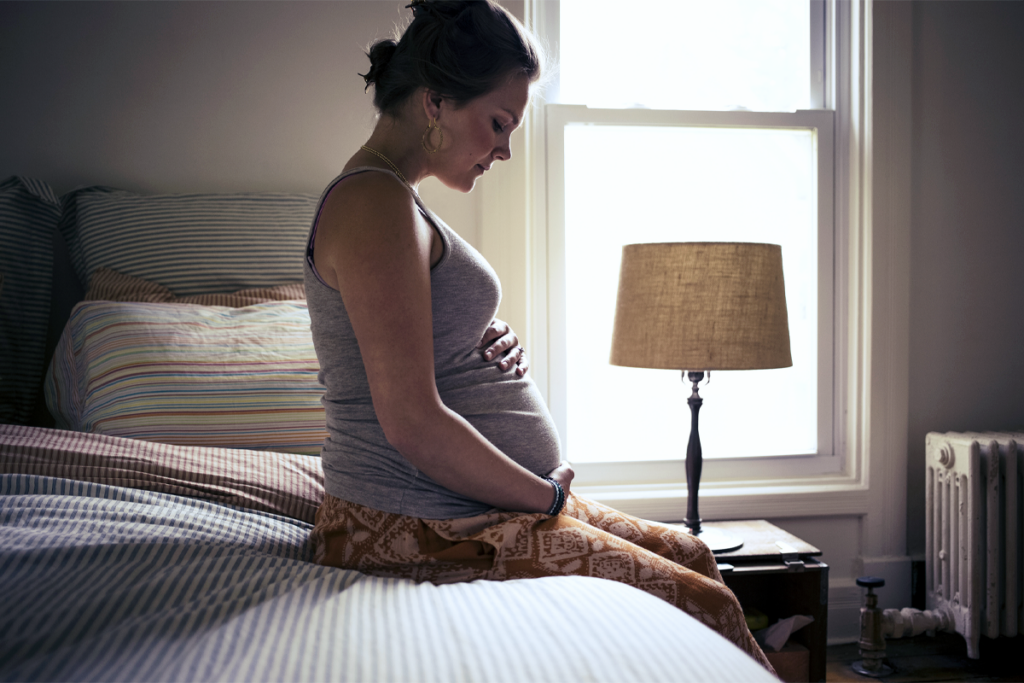
Maternal infection’s link to autism may be a mirage
Family-linked factors explain most associations between maternal illness and autism, a study of 1.1 million Danish children finds.
In case you missed it: Standout news stories from 2024
These five stories—on the pregnant brain, a failed imaging method and more—top our list of some of the most notable neuroscience research findings this year.
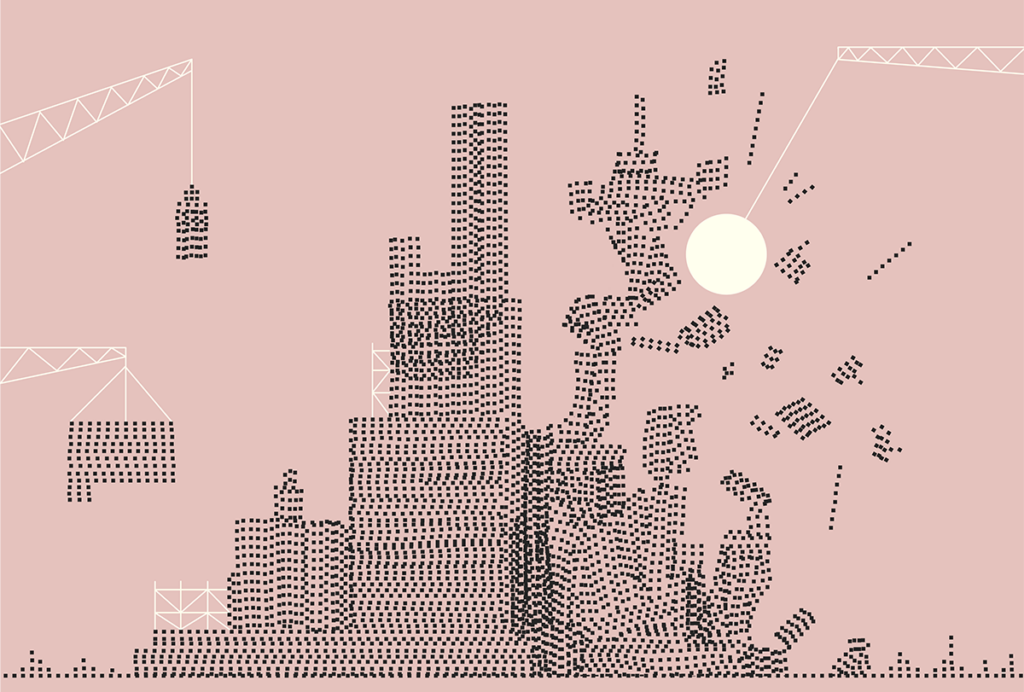
In case you missed it: Standout news stories from 2024
These five stories—on the pregnant brain, a failed imaging method and more—top our list of some of the most notable neuroscience research findings this year.
Repeat scans reveal brain changes that precede childbirth
A detailed look at a “pregnant brain” highlights a need to investigate the neural alterations that occur during a transition experienced by nearly 140 million people worldwide each year.
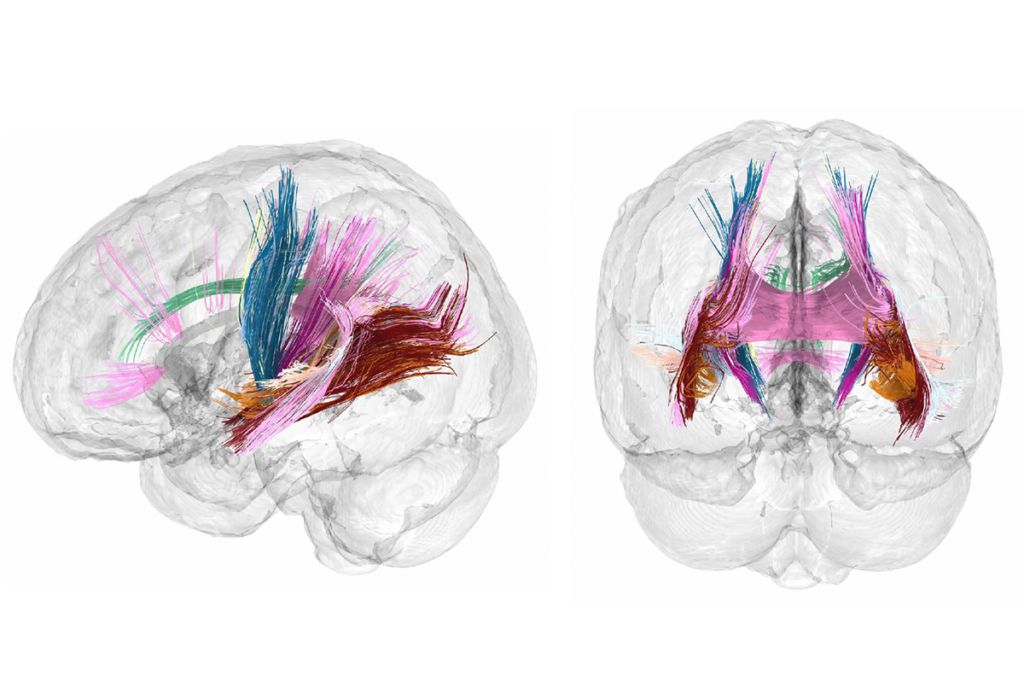
Repeat scans reveal brain changes that precede childbirth
A detailed look at a “pregnant brain” highlights a need to investigate the neural alterations that occur during a transition experienced by nearly 140 million people worldwide each year.
Brain ‘chimeroids’ reveal person-to-person differences rooted in genetics
These fusions created from multiple donors’ organoids may help scale up comparative brain research.
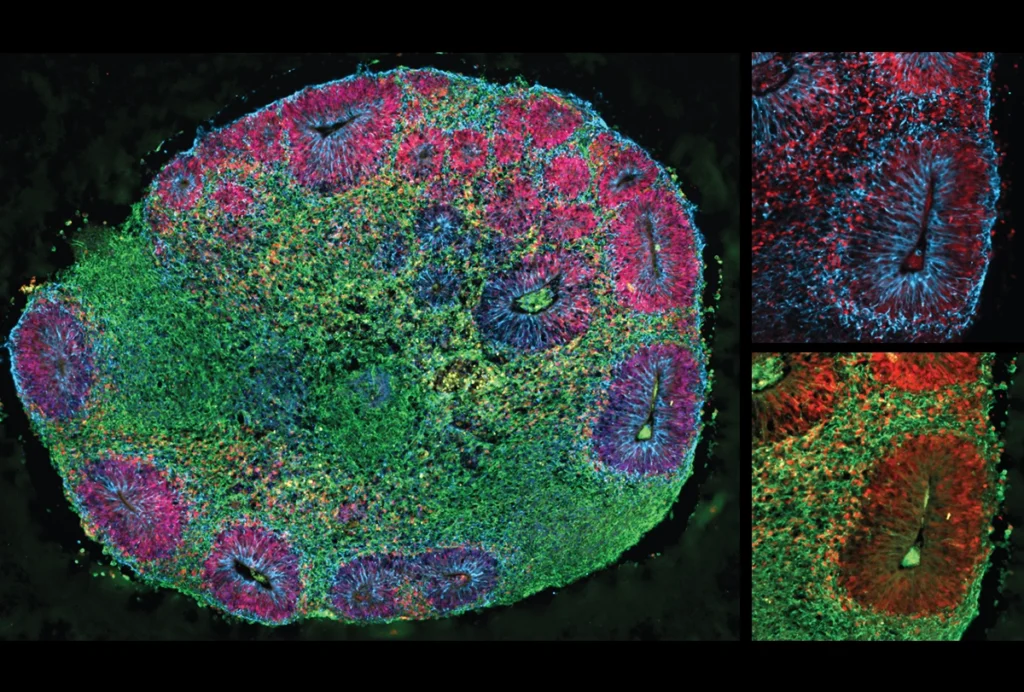
Brain ‘chimeroids’ reveal person-to-person differences rooted in genetics
These fusions created from multiple donors’ organoids may help scale up comparative brain research.
Acetaminophen use during pregnancy does not increase child’s chance of having autism, study finds
The link reported in prior studies likely reflects confounding factors, which sibling-matched controls in the new work address.

Acetaminophen use during pregnancy does not increase child’s chance of having autism, study finds
The link reported in prior studies likely reflects confounding factors, which sibling-matched controls in the new work address.
Immune-activation model mice escape infantile amnesia, retain early memories
Male pups born to mothers treated with immune-stimulating molecules show autism-like behaviors and, unlike wildtype animals, do not lose memories formed during early life.
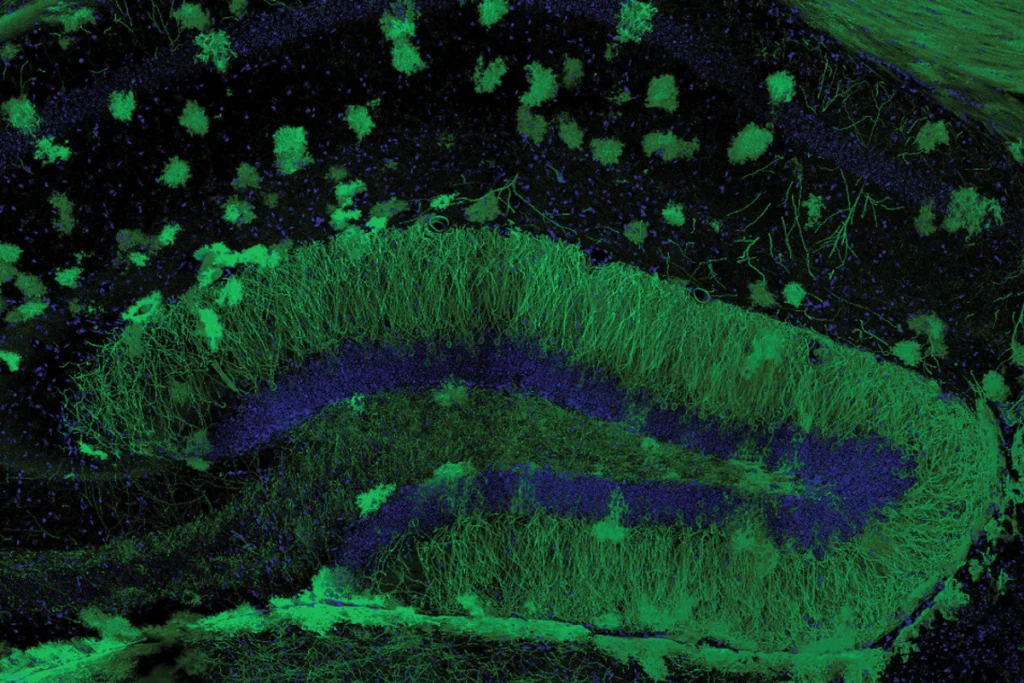
Immune-activation model mice escape infantile amnesia, retain early memories
Male pups born to mothers treated with immune-stimulating molecules show autism-like behaviors and, unlike wildtype animals, do not lose memories formed during early life.
The true meaning of a null result
This edition of Null and Noteworthy highlights results that reveal the difficulty in drawing definitive conclusions from data, including new findings about epidurals that contradict several others and an apparent null result on sex differences that may derive from “circular logic.”
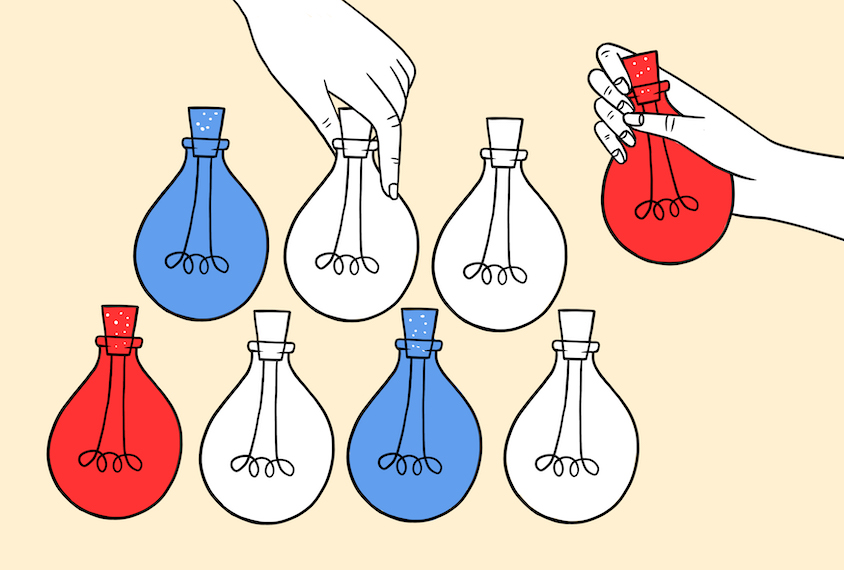
The true meaning of a null result
This edition of Null and Noteworthy highlights results that reveal the difficulty in drawing definitive conclusions from data, including new findings about epidurals that contradict several others and an apparent null result on sex differences that may derive from “circular logic.”
Atlas charts cells of human placenta, uterus across early pregnancy
A new resource gives an unparalleled look at how fetal placental cells attach to the uterine wall and remodel maternal blood vessels to access nutrients.
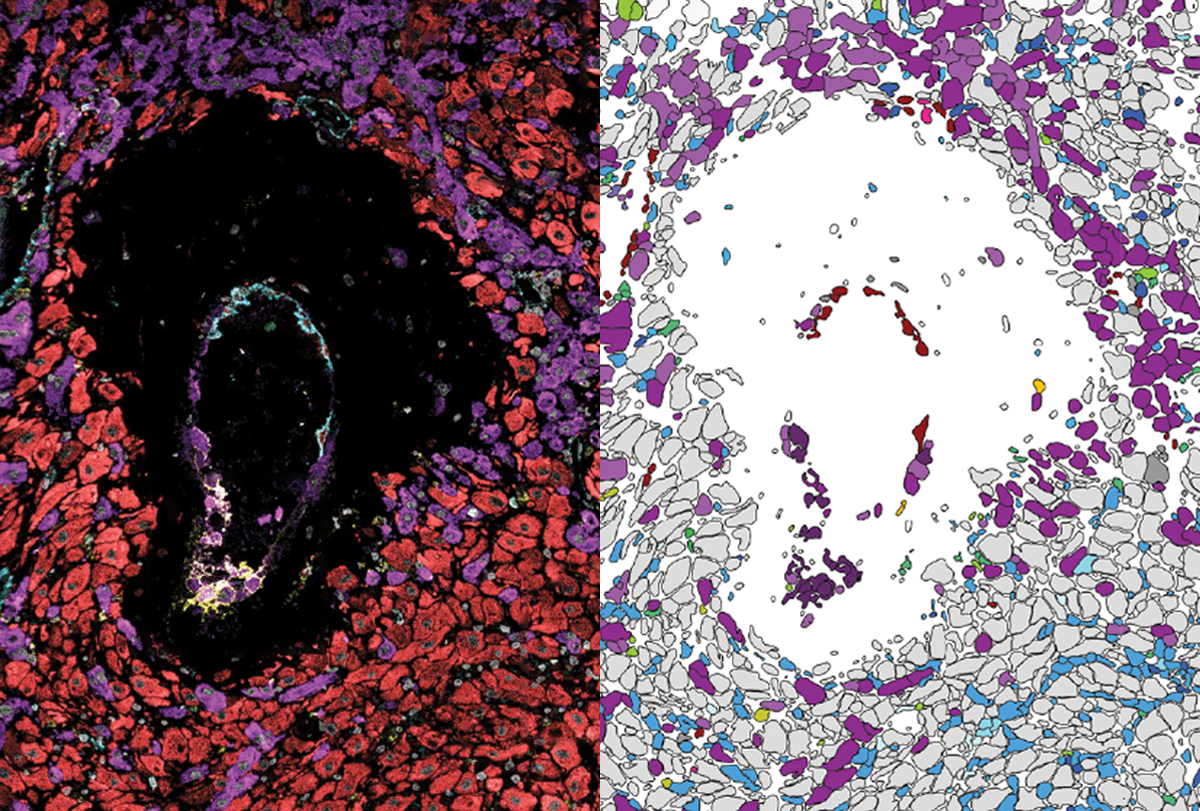
Atlas charts cells of human placenta, uterus across early pregnancy
A new resource gives an unparalleled look at how fetal placental cells attach to the uterine wall and remodel maternal blood vessels to access nutrients.
Change of heart and mind: Autism’s ties to cardiac defects
Children with congenital heart disease have an increased likelihood of autism. Why?
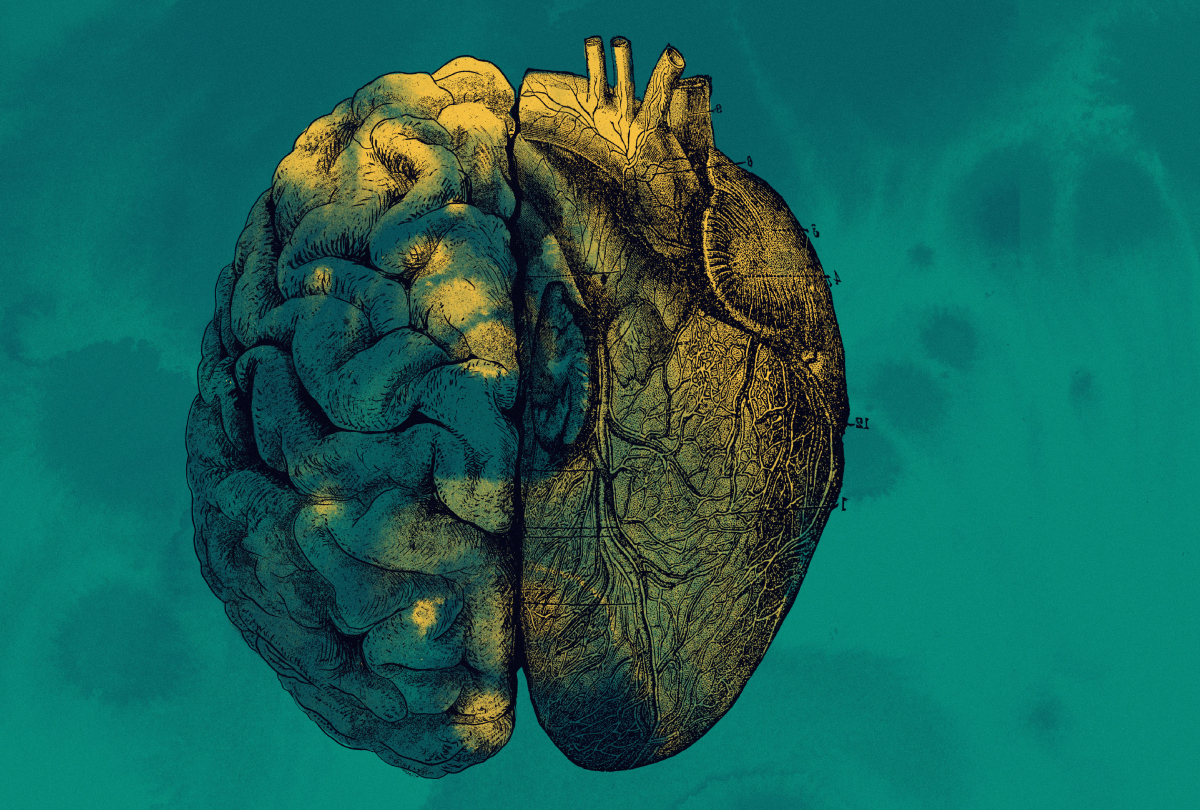
Change of heart and mind: Autism’s ties to cardiac defects
Children with congenital heart disease have an increased likelihood of autism. Why?
Prenatal exposures; Angelman trial suspension; autistic adult well-being
This month’s issue of the Null and Noteworthy newsletter breaks down some negative results involving prenatal exposures, an experimental treatment for Angelman syndrome, and the role that age at autism diagnosis plays in subsequent outcomes, and more.
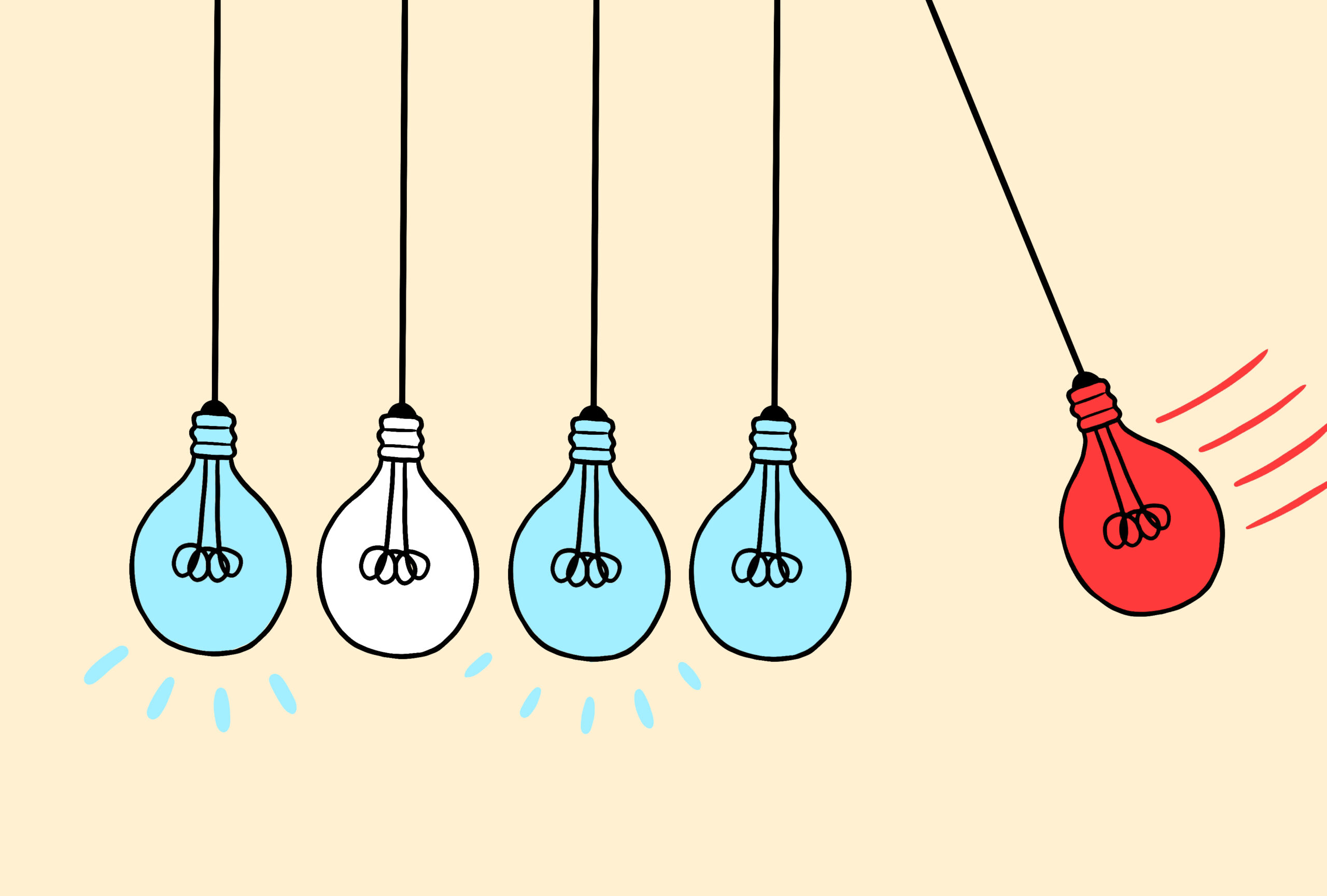
Prenatal exposures; Angelman trial suspension; autistic adult well-being
This month’s issue of the Null and Noteworthy newsletter breaks down some negative results involving prenatal exposures, an experimental treatment for Angelman syndrome, and the role that age at autism diagnosis plays in subsequent outcomes, and more.
Explore more from The Transmitter
During decision-making, brain shows multiple distinct subtypes of activity
Person-to-person variability in brain activity might represent meaningful differences in cognitive processes, rather than random noise.

During decision-making, brain shows multiple distinct subtypes of activity
Person-to-person variability in brain activity might represent meaningful differences in cognitive processes, rather than random noise.
Basic pain research ‘is not working’: Q&A with Steven Prescott and Stéphanie Ratté
Prescott and Ratté critique the clinical relevance of preclinical studies in the field and highlight areas for improvement.

Basic pain research ‘is not working’: Q&A with Steven Prescott and Stéphanie Ratté
Prescott and Ratté critique the clinical relevance of preclinical studies in the field and highlight areas for improvement.
Proposed NIH budget cut threatens ‘massive destruction of American science’
A leaked draft of a Trump administration proposal includes an approximately 40 percent cut to the National Institutes of Health’s budget and a major reorganization of its 27 institutes and centers.

Proposed NIH budget cut threatens ‘massive destruction of American science’
A leaked draft of a Trump administration proposal includes an approximately 40 percent cut to the National Institutes of Health’s budget and a major reorganization of its 27 institutes and centers.